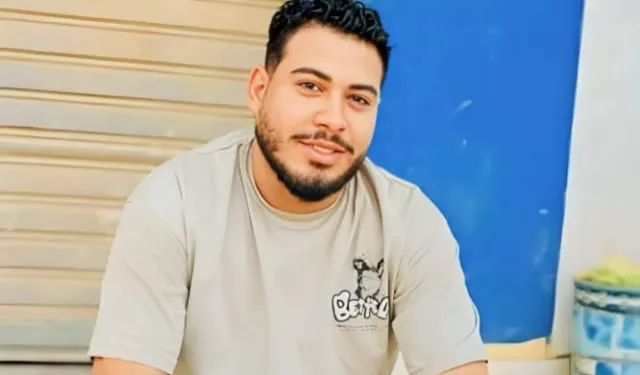A 21-year-old man died in police custody in Giza this week, triggering a forensic investigation and raising questions about detainee safety in Egypt's detention system.
Wael Youssef Khairy, known as “Kyrles,” died while being held at the Al-Haram police station. The public prosecution on Thursday ordered a forensic autopsy to determine the cause, manner, and timing of his death, following accusations that five other detainees assaulted him, according to his family's lawyer, Raheem Al-Masry.
A formal prosecutorial order seen by Al Manassa requested a detailed forensic report specifying any injuries, their causes, and whether they align with accounts in official police records. The order also asked whether such injuries could have caused the death.
The incident began a week earlier in Hadayek Al-Ahram, where Khairy had accompanied relatives to catch a microbus to Minya Governorate, according to Masry. While there, two men approached and accused his uncle of defrauding them of 300,000 Egyptian pounds each, allegedly in exchange for helping them migrate irregularly to Italy.
Despite having a physical disability in his right leg, Khairy intervened to protect his family from harm, the lawyer said. His relatives departed safely for Minya, but the two men contacted emergency police services. Officers arrived, filed a report and referred all parties to Al-Haram police station.
Masry said that Khairy and four relatives were charged with fraud based on a police investigative report. Prosecutors ordered Khairy to be held for four days pending investigation, and issued arrest warrants for the remaining suspects.
Khairy was due to appear via video link before a pretrial judge on Monday. When he failed to appear, officials cited “technical difficulties,” according to the lawyer.
Two days later, the family received formal notice from the prosecution informing them of his death—reportedly at the hands of five other detainees in the same cell.
The prosecution has opened an investigation and questioned the five detainees. According to Masry, Khairy’s body bore bruises and wounds on the head and back, suggesting physical assault before death. Prosecutors referred the body to the Forensic Medicine Authority.
Masry said the family told prosecutors that the five detainees had contacted them by phone from inside the holding cell, demanding mobile money transfers via Vodafone Cash in exchange for ensuring Khairy’s safety.
“We have the numbers they called us from while inside the cell,” he said. “We also have receipts for the money we sent to those numbers.”
He added that the family believes police officials at Al-Haram station failed to protect Khairy. “How were there phones inside the cell? How were detainees able to extort others and even kill someone this way?” Masry asked.
In response to Khairy’s death, the family sent urgent telegrams to Egypt’s presidency, the prime minister’s office, the public prosecutor and the interior minister. They called for an immediate investigation and prosecution of those involved in what they described as torture and murder, as well as accountability for any officials who failed to intervene.
